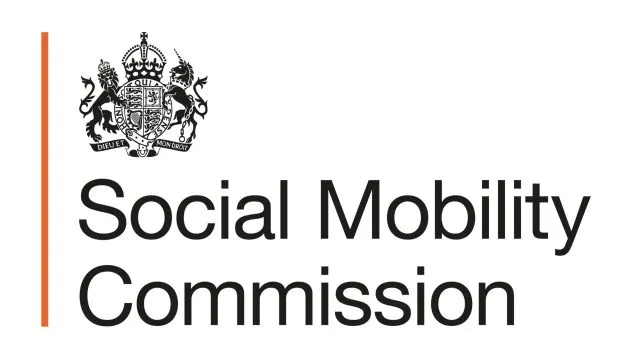Key findings
Social mobility today
- 65 per cent of the public thought ‘who you know’ matters more than ‘what you know’.
- Three in four people said family background has significant influence on life chances in Britain
today.
- However, when asked about the extent to which their own parents’ income or level of education
had influenced where they had got to in life, people were less clear. Four in 10 thought that
their parents’ income and education had influenced them and four in 10 thought it had not.
- 29 per cent of those who thought family background influences life chances thought it was more
important now than in the past, 36 per cent thought it was less important and 37 per cent
thought its influence had remained the same.
- Seven in 10 people thought a good education was the key to getting a good job. But nearly half
thought it remained out of reach for most children from lower income families.
- Public opinion on the influence of education on future employment prospects varied by country;
fewer people in Scotland (63 per cent) and Wales (59 per cent) thought a good education was
the key to getting a good job than in England (72 per cent).
- When asked where government should be focusing its efforts to improve social mobility, the
most commonly selected policies related to employment. Six in 10 said the most important way for government to improve social mobility was by either creating jobs or apprenticeships or helping unemployed young people to find work.
In-work poverty
When given statistics on the percentage of children in poverty whose parents are in work:
- Two in three thought government had a role in tackling in-work poverty.
- Three in four thought that government should top-up incomes of those in in-work poverty.
Even more people thought employers had an important role to play:
- More than four in five (84 per cent) said that employers should be providing more
opportunities for progression for their employees.
- More than four in five (84 per cent) said that employers should be paying wages that
better reflect the cost of living.
